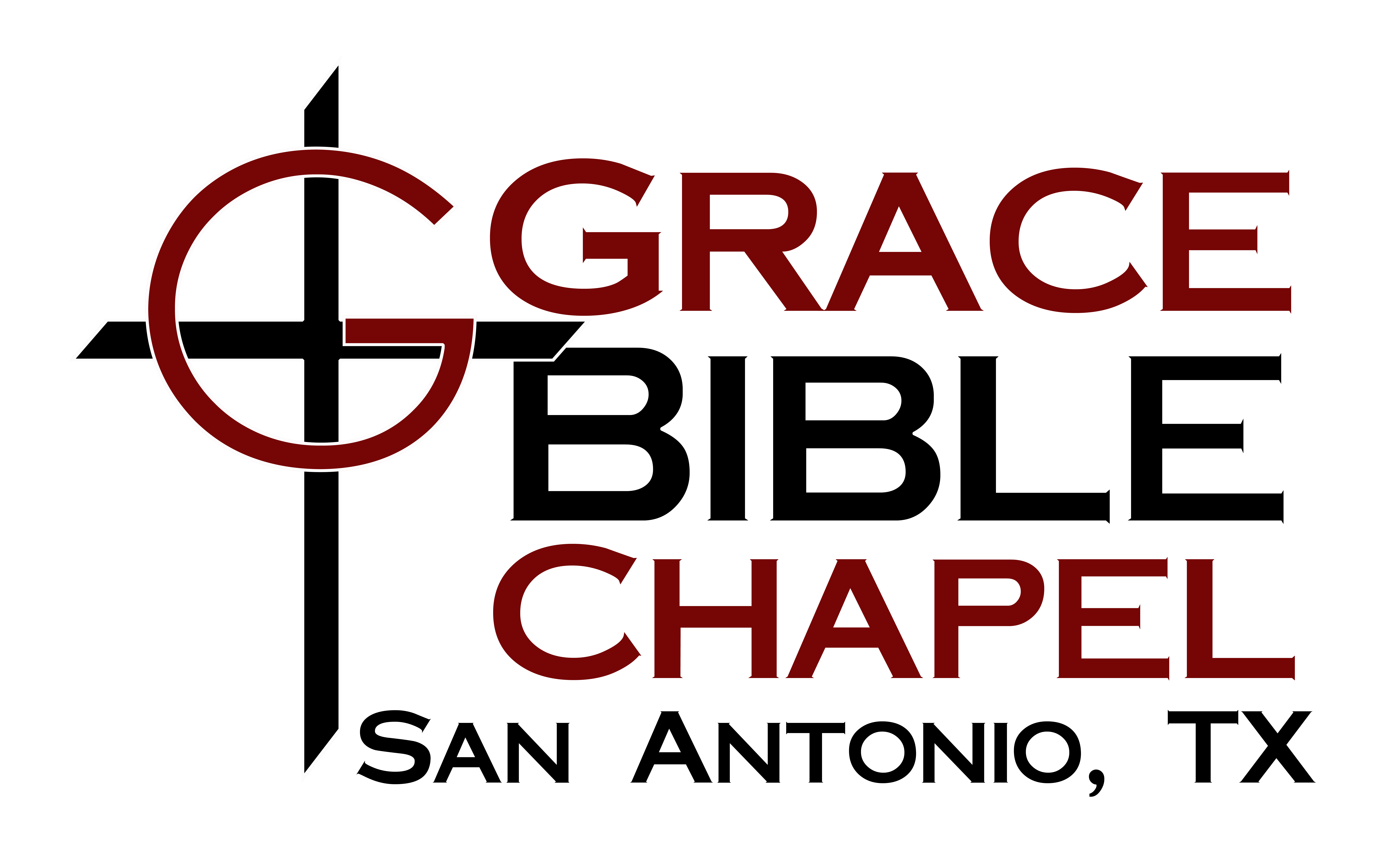Pastor’s Thoughts – 02-25-2024
February 23, 2024Pastor’s Thoughts – 03-10-24
March 7, 2024Of the many infinite subjects and issues surrounding our holy God, and His relation to us as sinners saved by grace, is the matter of the sacrifice of His Son as the substitute for our sins. As we near the time that we worship and celebrate the resurrection of our Savior, we also arrive at His giving of Himself on our behalf. Psalm 22 is a Psalm of David written more than 3000 years ago, and 1000 years before our Lord’s crucifixion, yet it graphically and in detail describes the event from our Lord’s human perspective. Our Lord is bearing our curse, and what we deserve in eternal punishment. The sense of God’s hatred of sin, and His divine wrath, completely enshrines the Lord Jesus who is pure, holy, and perfect.
This is the most despicable persecution and event history will ever record. Yet it was also the most wonderful and glorious event! Psalm 22 explains that God cannot excuse or tolerate sin. Sin must be paid for justly and at great cost. Our God cannot even look at sin and therefore in this Psalm it begins with the Savior’s cry, “My God, My God, why have You forsaken Me?” The terrible depth of sin is shown by this. Never had there been a breach between the righteous Godhead (John 17:5). It was incomprehensible. That a separation between the Father and the Son could occur shows the seriousness of sin, and the ramifications that cannot be avoided. God the Father held nothing back against His Son on the cross. He was crushed and bore the full weight of God’s eternal wrath (Is. 53:10). It says the Son’s cry was insistent, constant, continuous, and described as “day and night” even though from our perspective it was only a few hours. This would tell us His suffering expanded time. It was both physical and spiritual equal to all who by grace trust Him and that otherwise would endure eternal Hell. He was under God’s wrath in the place of all His own during what we see from our side was a few hours yet was infinite.
In Psalm 22:2 He makes a point of crying in desperation to His Father for help, but the Father did not answer Him. Just as the prayers of the wicked are an abomination (Prov. 15:8) so were our Lords because He bore our sins. He became sin for us (Prov 15:8; 2 Cor. 5:21). Beginning in verses 4 and 5 we are reminded that God delivered Israel when they called on Him, and that He is always faithful to do so, but here Christ on the cross is taking a sacrificial position before God that is so despicable that it violates God’s extension of mercy. This is further shown by our Savior’s description of Himself in verse 6. He says, “I am a worm and not a man.” Think of the God of all creation and glory saying He is a worm. A worm is the most defenseless, repugnant, and least thought of among creatures. As described, He finds no comfort, and no compassion from God or from men. Those around Him do not appreciate His purpose and do not sympathize. Instead, they “sneer” with the idea of mocking and laughing at His terrible trouble (Ps. 22:7-8). It says they, “separate the lip” meaning they stretched their mouths wide open unashamedly expressing the loudest possible shouts of derision and scorn.
In verses 9 and 10, we are told that Christ knows this is all according to God’s plan. It was for this very purpose He came to earth as a man. He says, “From the womb” the ordeal of the incarnation, or God becoming a man, was an entry into humility for the purpose of rejection and ultimately to die the most horrible of deaths. This was all necessary and out of love (John 3:16; 15:13). In Psalm 22:10 He tells us that every detail was known to Him as part of God’s sovereign and required plan.
Christ, although perfect and innocent, was executed as a criminal. What He endured however was far worse because He bore our sins, or the price of hell upon Himself in those few hours. His physical suffering is spoken of in detail in verses 14 to 16. In verse 14, He was, “poured out like water.” He who spoke all creation into existence is shown as losing all His strength. It says, His “bones out of joint.” The stretching of His body on the cross was designed by Rome to be excruciatingly painful. His heart melted “like wax.” It is a heart given over completely to hell’s pain, darkness, and despair. His mouth is as a “potsherd.” His body moisture became as dry as a piece of clay heated in a fire. His “tongue cleaves” from extreme thirst and loss of all body fluids. Then this passage in verse 16 says the most remarkable of all. “They pierced My hands and My feet.” This depicts the fact they did not tie Him to the cross as was usual, but instead nailed Him. It shows the extreme hatred they had for the Son of God. It was near the Sabbath and they wanted Christ to die quickly, to suffer immensely, and therefore they shed His blood.
What are just three of the multitudes of lessons from His crucifixion? Our Lord’s suffering was real. It was not a phantom, or a going through the motions. It was physically and spiritually actual. It was also purposeful. If God the Father had not sent His Son, there would be no salvation. Now, this tells us that sin cannot be overlooked. If there had merely been a way for God to just write sin off, He would have done so. Christ had even asked that of the Father. As sin is so repulsive it required the terrible death of the Son as a substitute. We dare not think lightly of our own sins. Nor should we think those we love around us are okay in their sin when they are without Christ. They need the truth of Christ that He is the only Savior. Secondly, we see our Lord’s continual focus on doing the will of the Father no matter what is required. We need to take that same mindset. As our Lord was a man of sorrows and acquainted with grief. As He even died, it makes our own lives and troubles seem small, and the knowledge of our own inevitable impending death less of a burden knowing that He has paved the way. We should be able to truthfully say, whatever trials we have in this life are purposeful and will be ultimately defeated in Christ Jesus. We have a glorious future in Him which as Paul states is, “an eternal weight of glory far beyond all comparison” (2 Cor. 4:17). Then third and finally, from the knowledge of what our Lord did at Calvary and the promise of eternal life to those who believe in Him, we should be filled with joy inexpressible and full of glory. Our gratitude, which will be eternal, should begin now and be seen no matter what else is going on around us or even to us. Jesus Christ is our glorious Savior and He does not disappoint. We have a future which eye has not seen, nor ear heard in store for all who love Him. We should be filled with growing love and such appreciation that we are delighted to seek in every way to do His will and serve Him.

